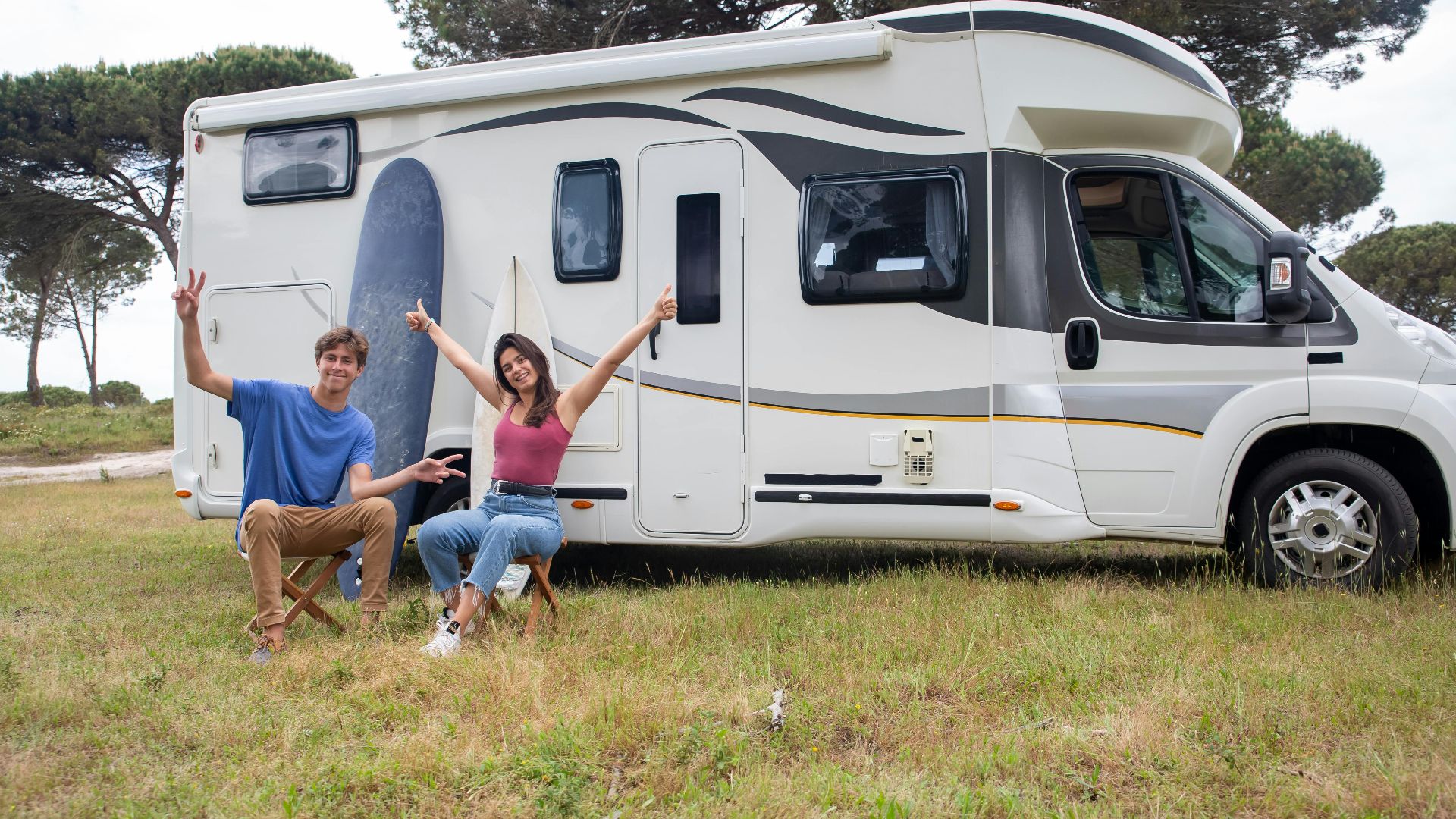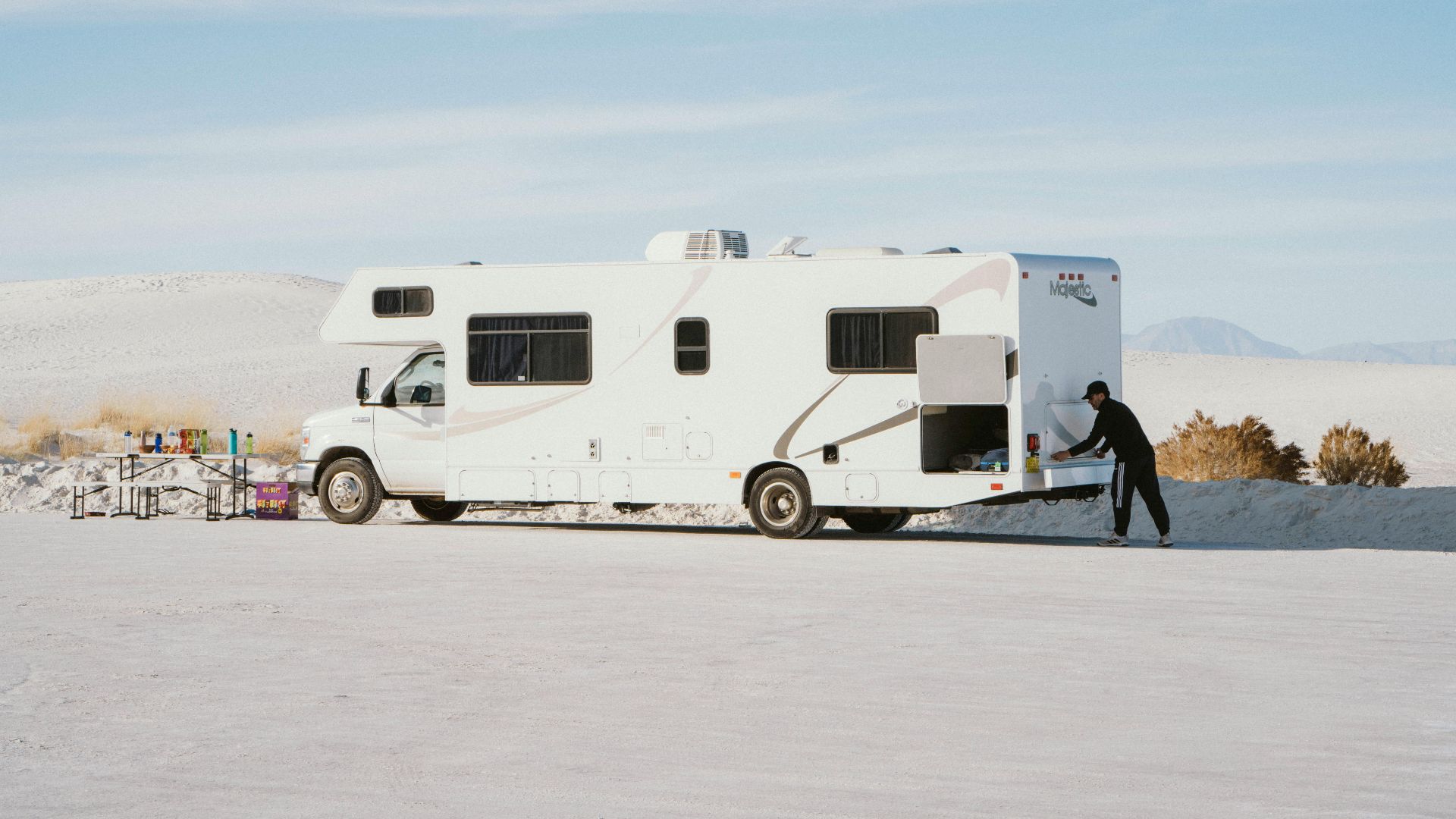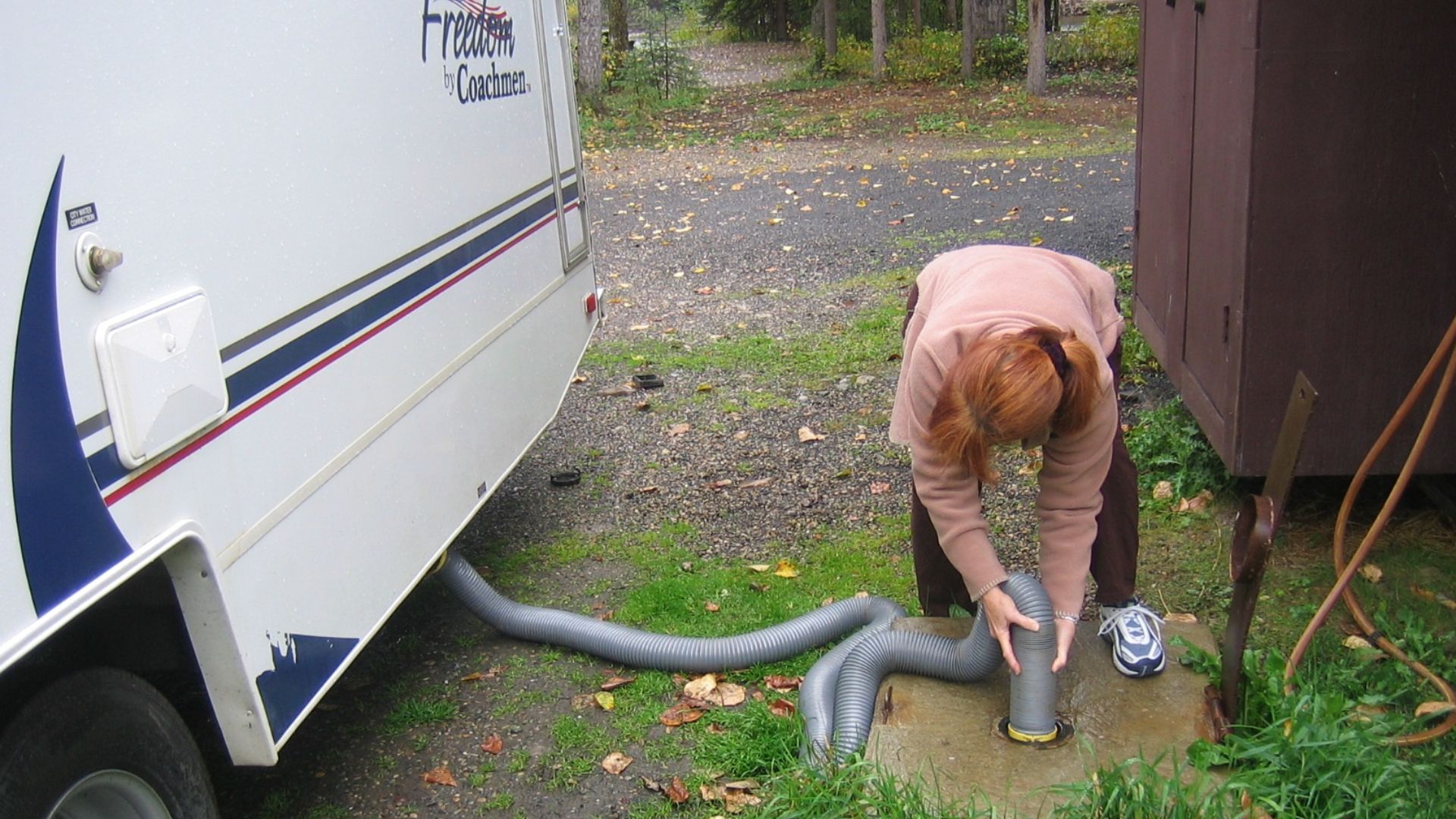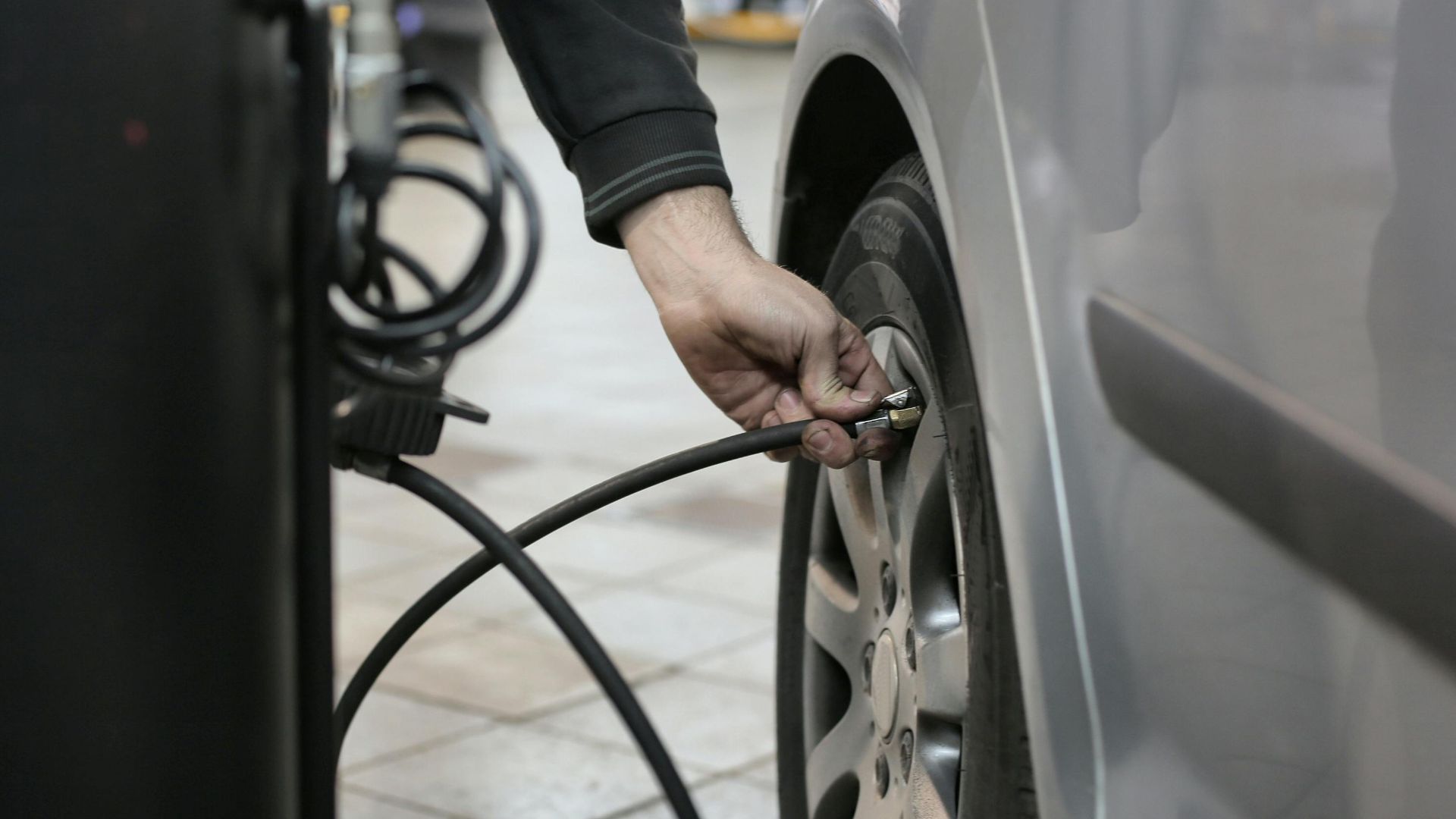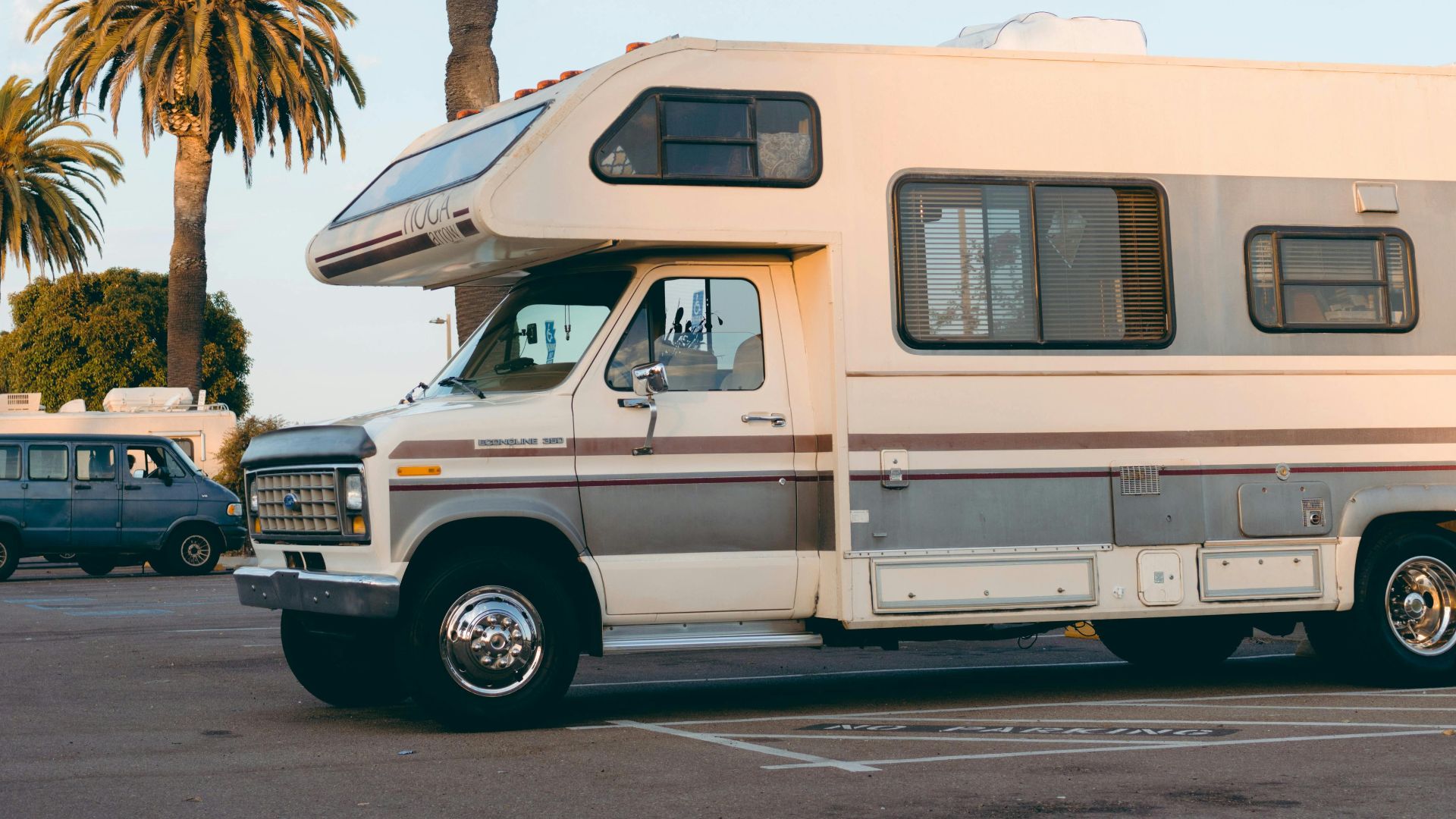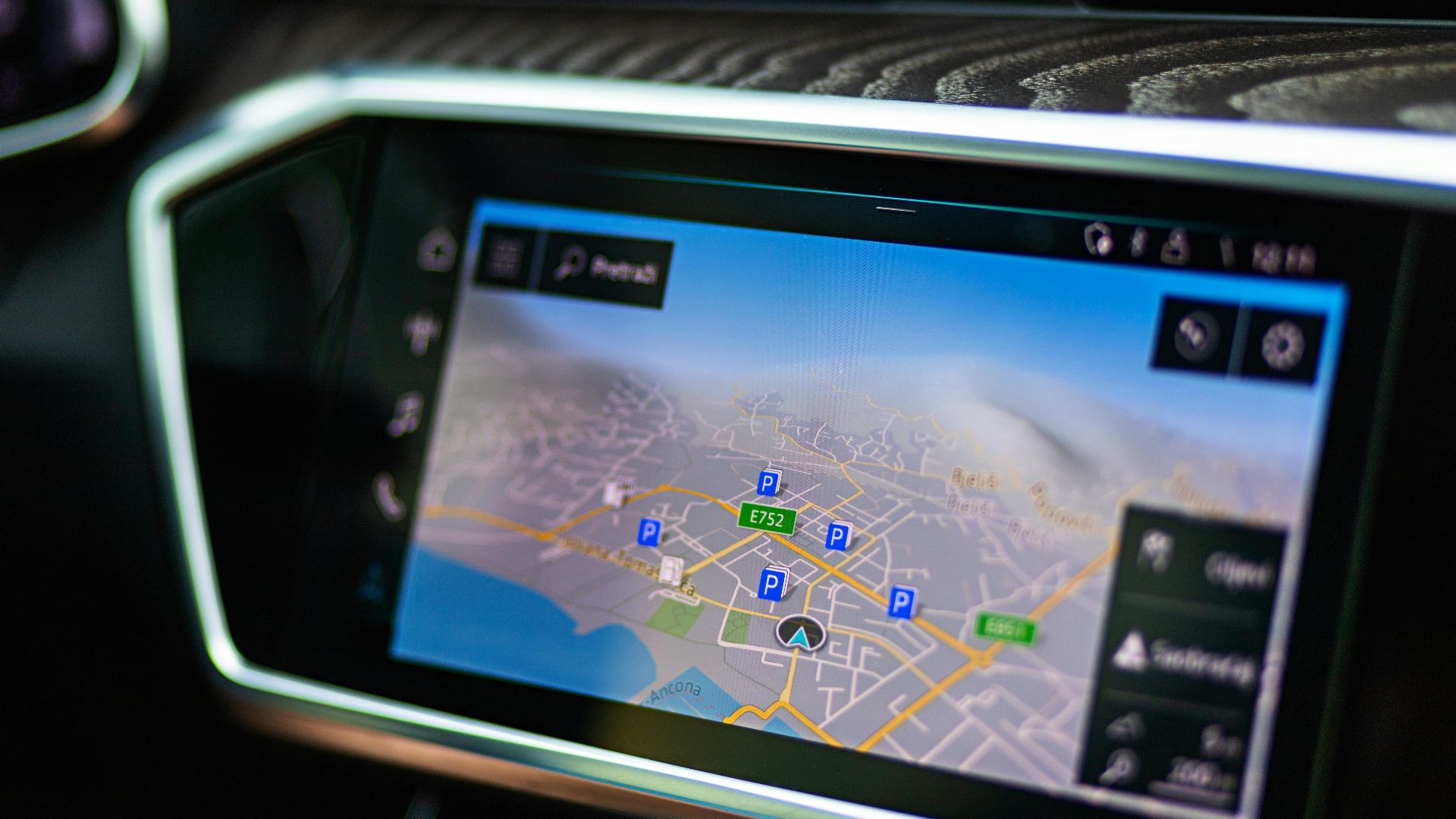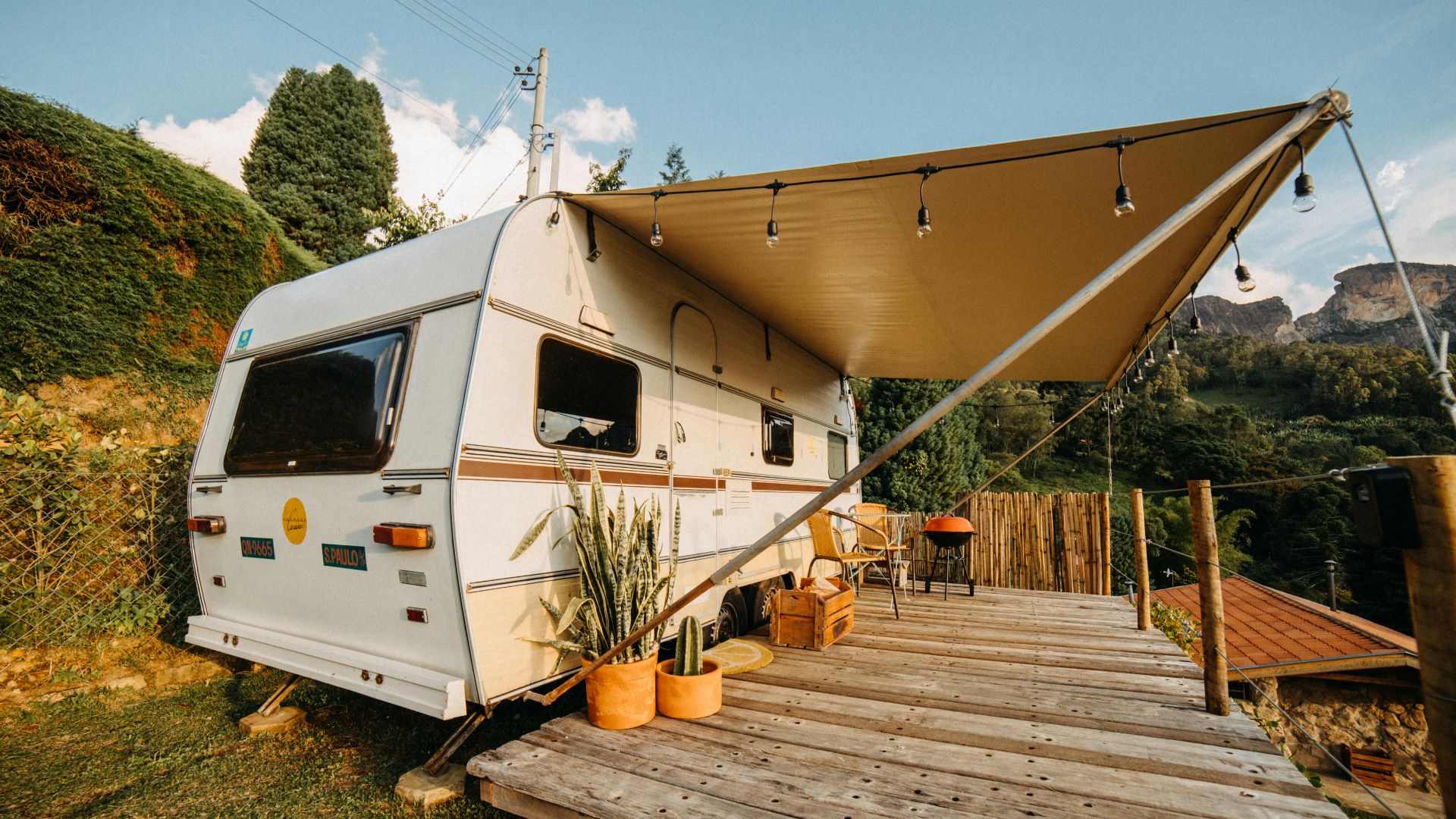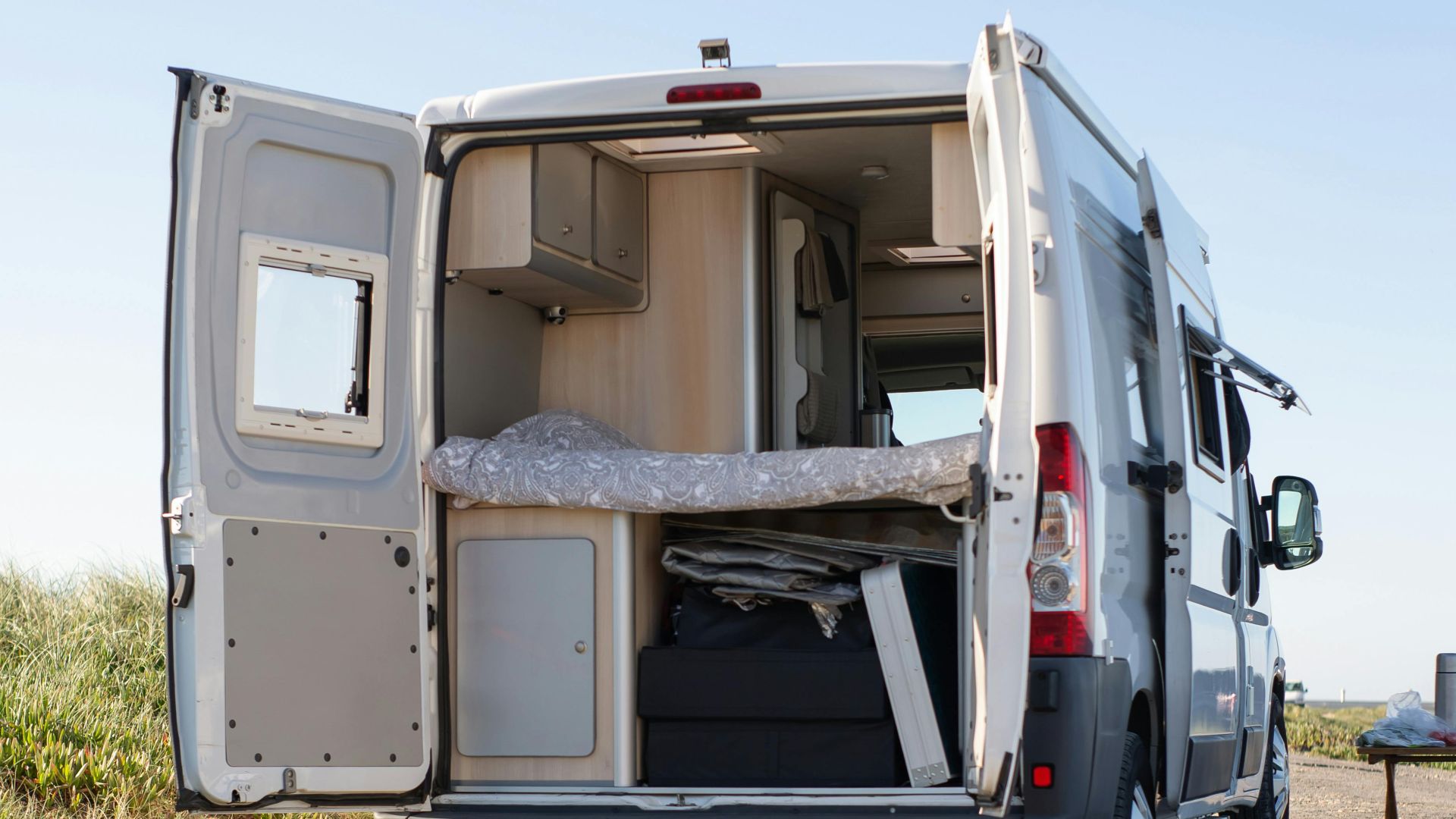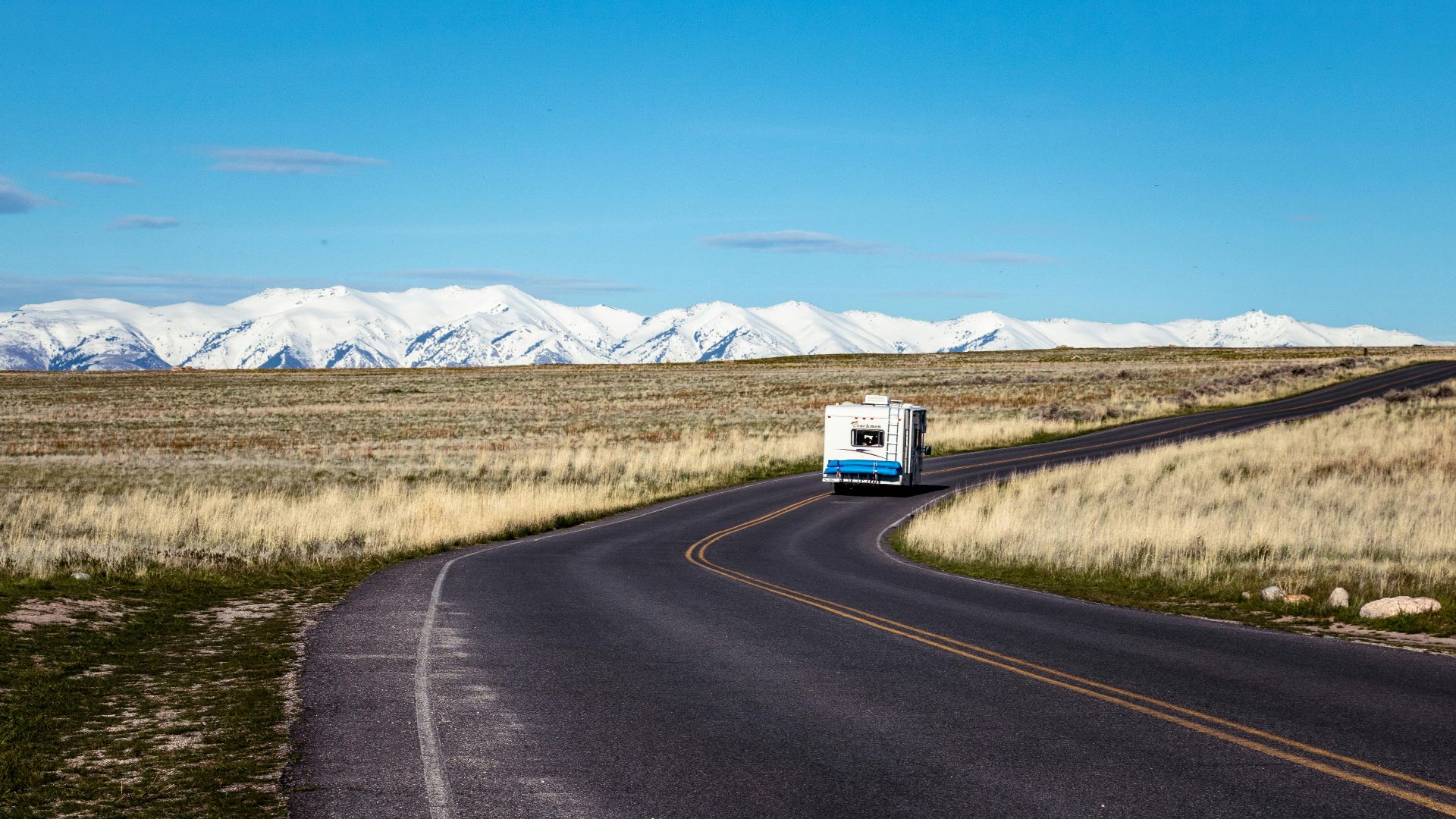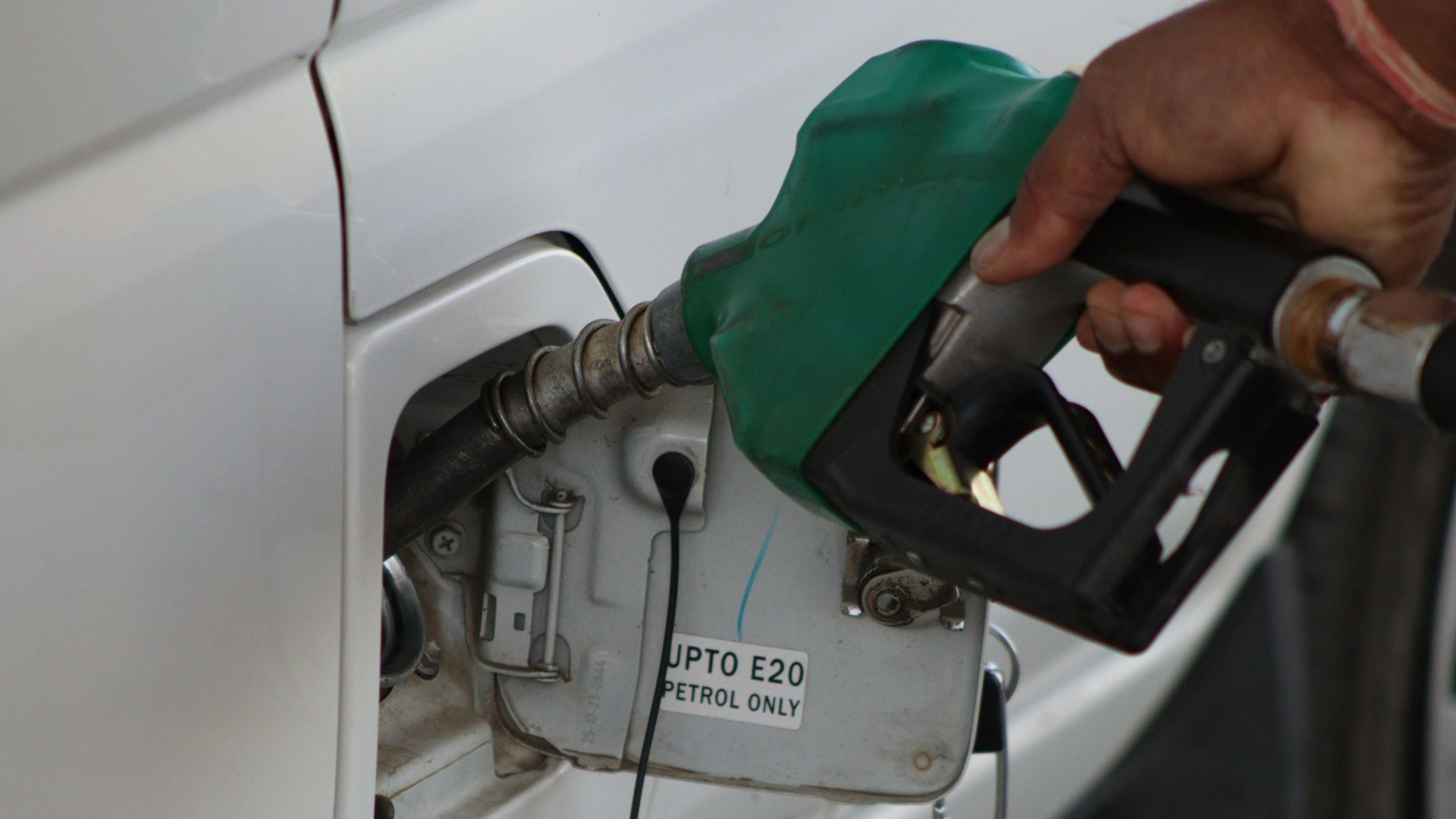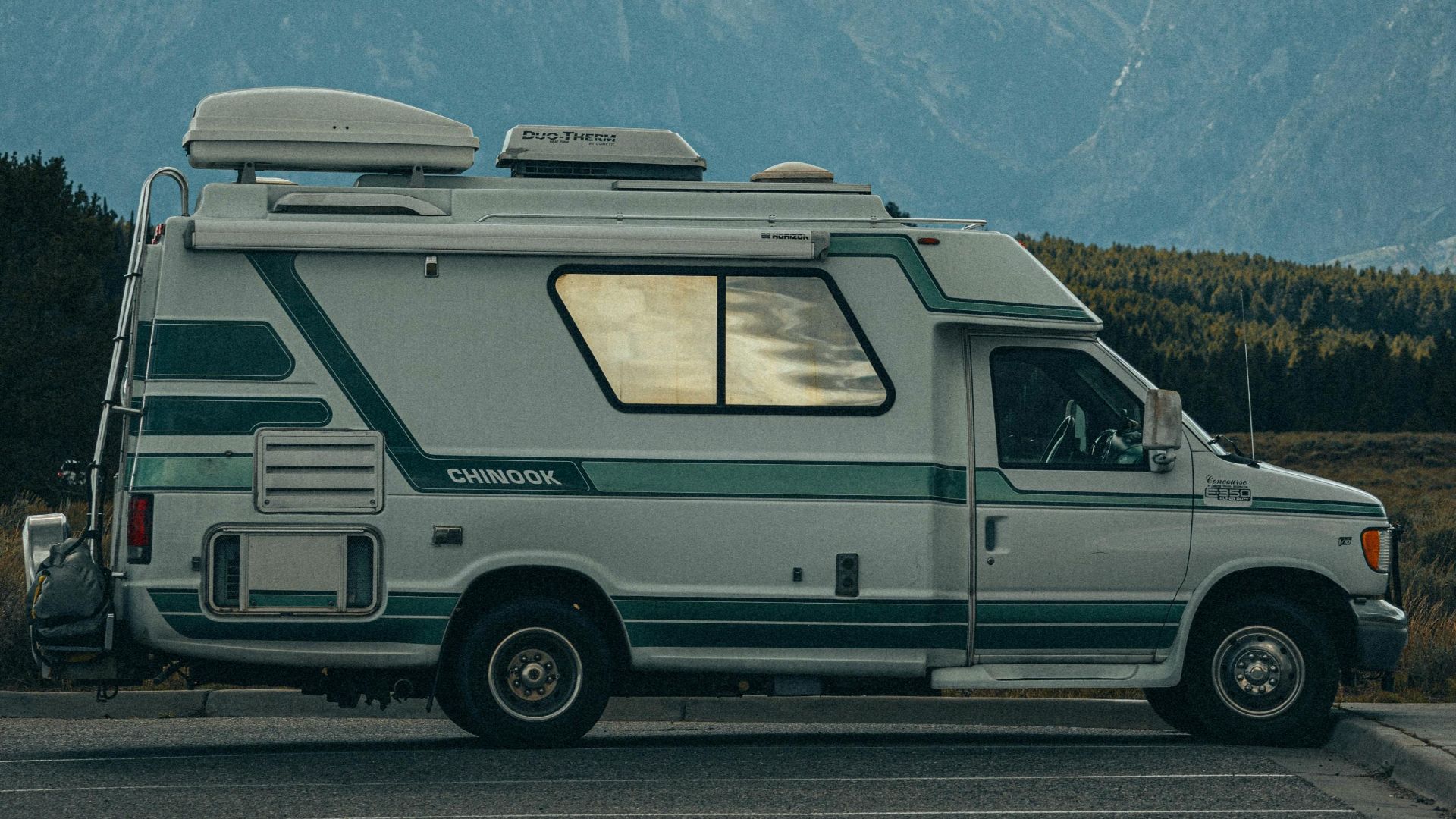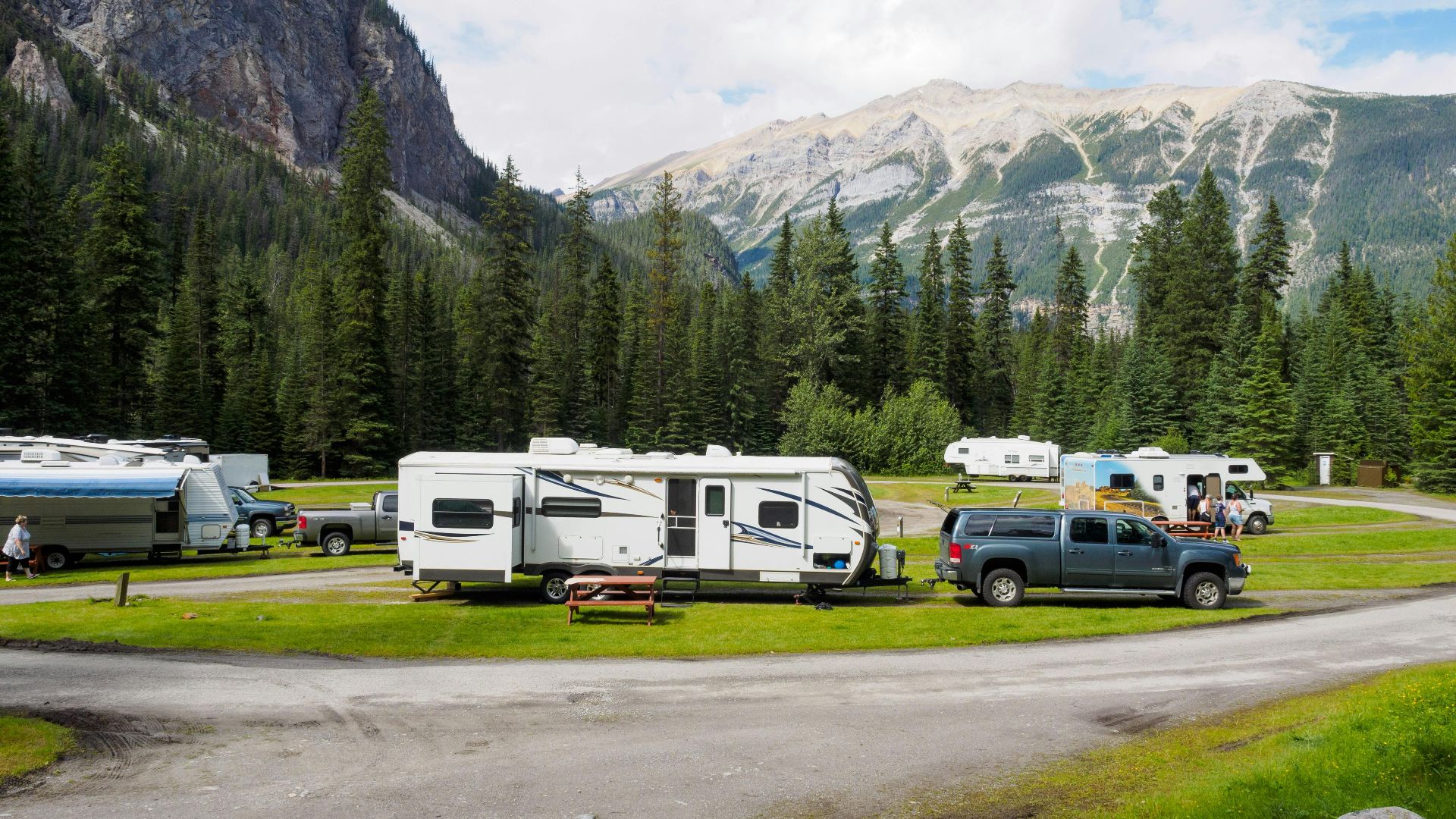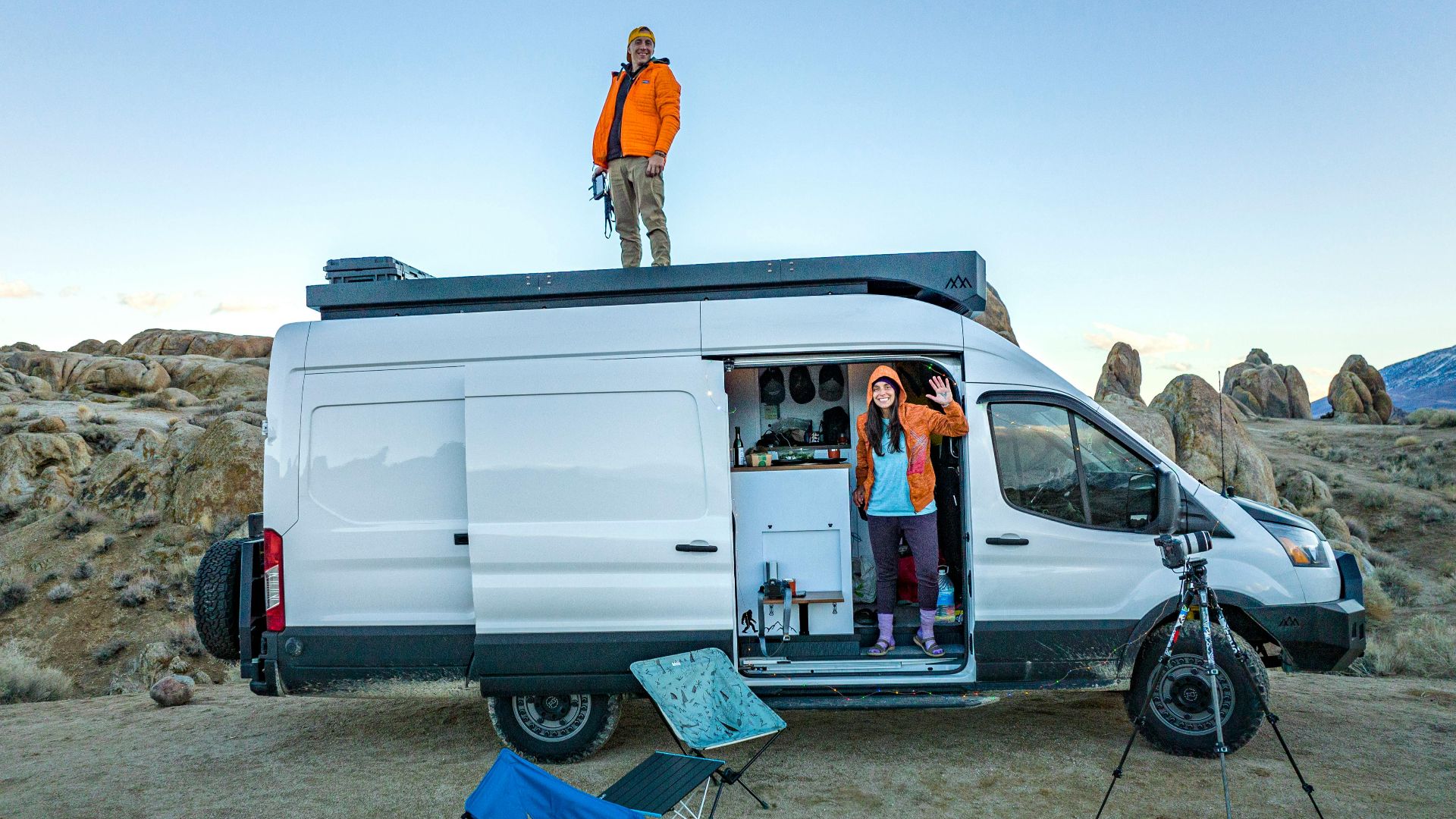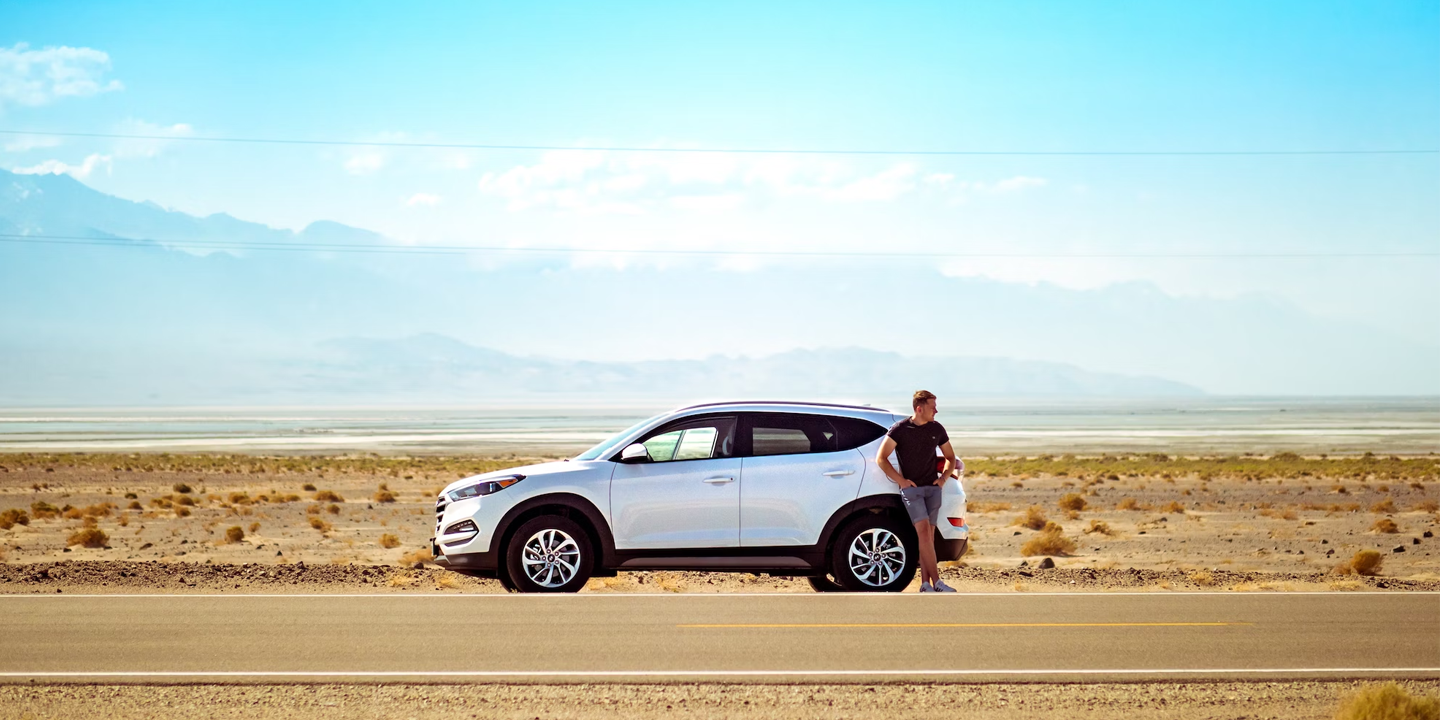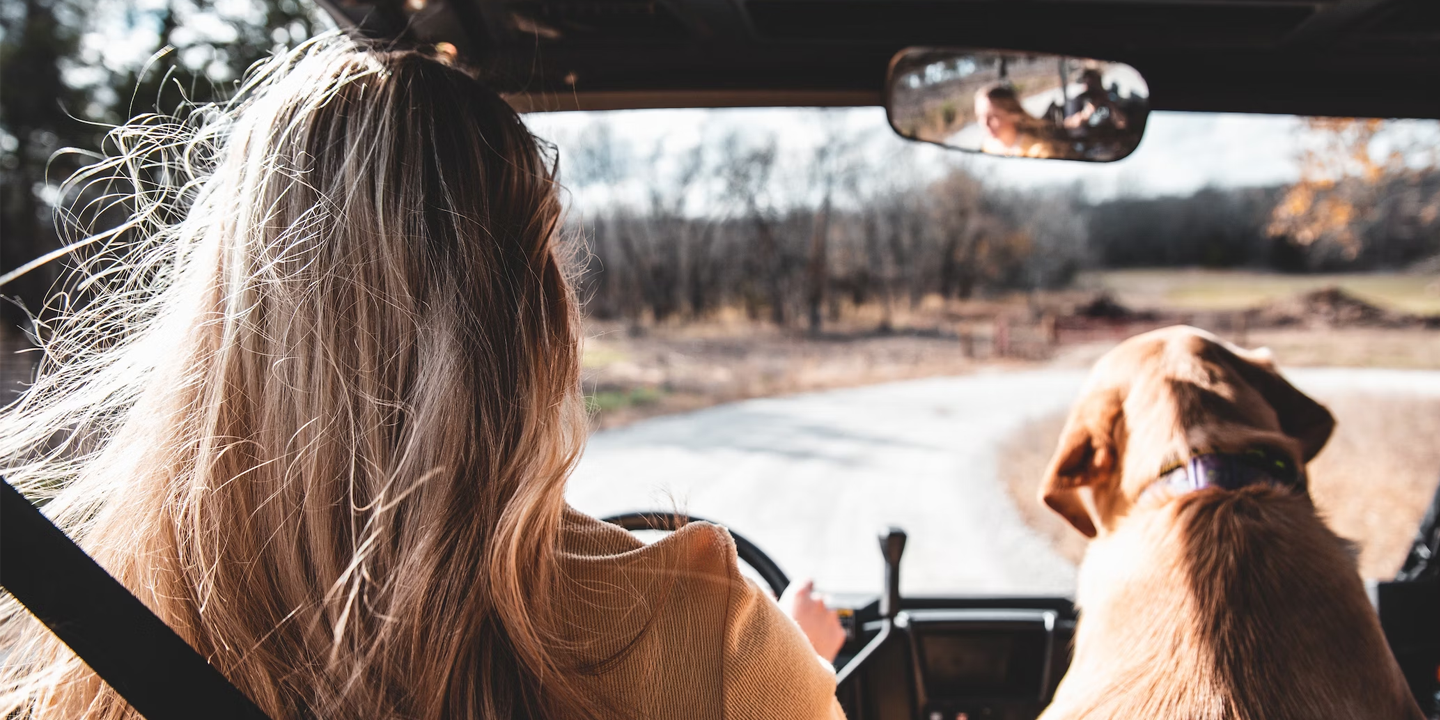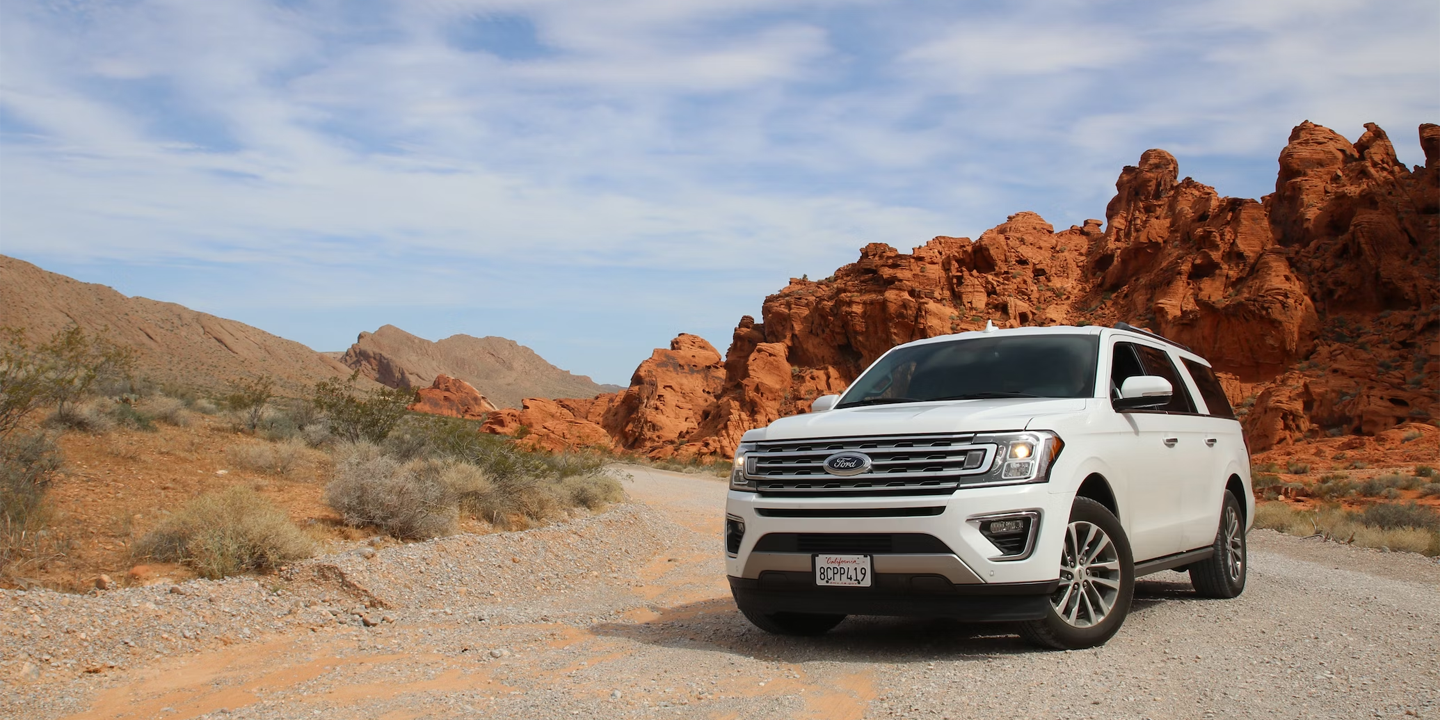10 Rookie Mistakes Every First-Time RVer Makes & 10 Ways To Avoid Them
Learn Before You Hit The Road
The open road is calling, your RV is packed, and adventure awaits—but wait. Before you turn that key, there's something seasoned travelers know that could save you from costly repairs and embarrassing campground moments. RVing is about mastering the little things that separate a dream trip from a disaster. Every detail matters when you're living on wheels. So, let’s start with the most common pitfalls that trip up newcomers.
1. Overloading Beyond GVWR Limits
One of the biggest mistakes new RVers make is underestimating how quickly weight adds up. The Gross Vehicle Weight Rating is a safety threshold. Even small additions, like too many passengers, can push the vehicle over its limit.
 Greg Gjerdingen from Willmar, USA on Wikimedia
Greg Gjerdingen from Willmar, USA on Wikimedia
2. Skipping The Pre-Trip Walk-Around Inspection
Forgetting the walk-around trip can mean driving off with open compartments or even leaving debris under the RV. It’s a small oversight with big consequences—one loose cable or latch can ruin a travel day before it even begins.
3. Not Retracting The Stabilizer Jacks
It’s surprisingly common for new RVers to drive off with the stabilizer jacks still down. The scraping sound comes first, then the sinking realization. It can damage the frame and turn a simple departure into a costly repair.
4. Dumping The Black Tank Before The Gray
If you’ve never dealt with RV waste systems before, it’s easy to get the order wrong. Dumping the black tank before the gray means you’ll be left with a sewer hose that’s far from clean.
5. Ignoring Tire Pressure Monitoring
Many beginners ignore tire pressure or skip installing a Tire Pressure Monitoring System (TPMS) altogether. What they don’t realize is that fluctuating tire pressure is a leading cause of blowouts, especially under heavy loads and summer heat.
6. Parking Without Leveling Side-To-Side
After a long day of driving, parking, and calling it a night sounds great, until you realize the RV is leaning like a ship in a storm. An unlevel RV can also strain appliances like the refrigerator and cause water to pool inside.
7. Over-Relying On GPS Without Route Planning
Modern GPS systems are handy, but not all are designed with RVs in mind. First-time RVers follow standard navigation apps blindly right into roads with weight restrictions. It’s one of the fastest ways to turn an exciting trip into a stressful detour.
8. Leaving The Awning Extended In The Wind
Nothing says “rookie move” like leaving the awning out. Strong gusts can rip an RV awning clean off, and leave behind bent metal and a hefty repair bill. It’s one of those mistakes that takes days (and hundreds of dollars) to fix.
9. Neglecting Battery Water Levels
RV batteries require maintenance, but many newcomers don’t realize that lead-acid batteries need to be checked for water levels. The oversight leads to premature battery failure or loss of power in the middle of a trip.
10. Cooking Inside Without Ventilation
New RVers often forget that cooking inside without turning on a vent or opening windows can cause moisture buildup, trapped odors, and even dangerous gases. Over time, it can also result in mold or mildew forming in hidden corners.
Those rookie errors are easy to make, but what keeps trips smooth are the routines behind them. So instead of reacting on the road, here are habits that help prevent problems before they start.
1. Store Weight Smartly
Think of your RV like a plane—every added item changes how it handles. Keep heavier gear low and near the center, avoid packing for every “just in case,” and balance both sides. A well-distributed load makes driving smoother and safer.
2. Make A Departure Routine
Before every drive, slow down and go through the same steps in the same order. A consistent departure routine prevents forgotten jacks, loose latches, or dangling hoses. It becomes muscle memory that keeps the trip smooth from the start.
3. Follow The 300 Rule
Driving too far in a day leads to poor decisions and a shaky setup. Many seasoned RVers follow a simple guide: no more than 300 miles a day, or arrive by 3 PM. Less exhaustion means fewer mistakes.
4. Refuel Before You Need
Don’t wait for the fuel light. Rural stretches can be unpredictable, and topping off earlier gives you flexibility. It turns refueling into a simple routine instead of a frantic hunt for the nearest pump.
5. Read Reviews With Purpose
Focus on the comments describing comfort, not star ratings. A campground can look beautiful online but still be uneven or loud. Reviews that mention shade, space, or quiet will guide you toward the better stop.
6. Keep A Simple Repair Kit
Small emergencies will happen, and having a compact repair kit makes them manageable. Not fancy tools—just the practical stuff like zip ties and duct tape. It’s the difference between stopping your trip and simply adjusting before carrying on.
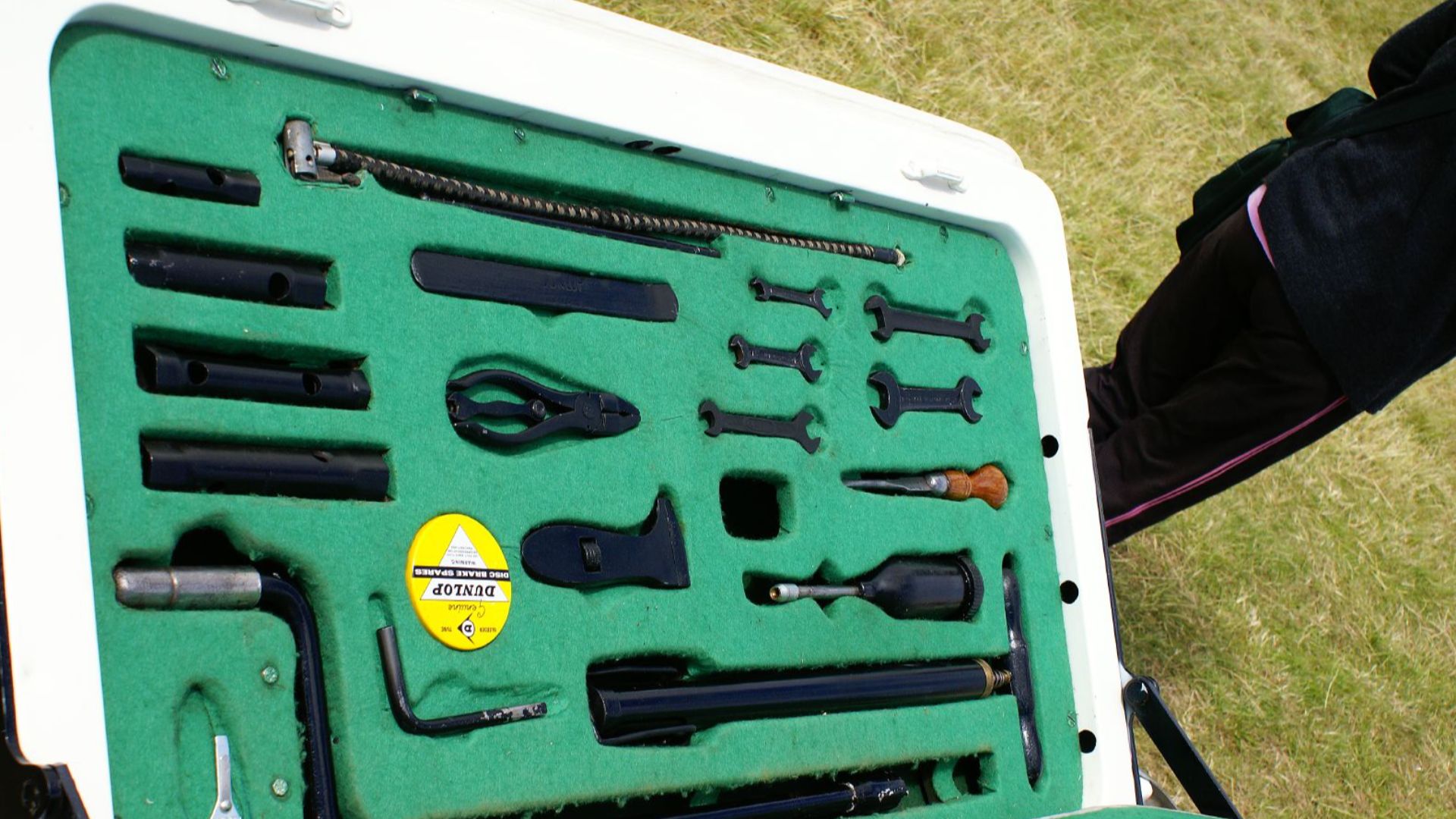 Martin Pettitt from Bury St Edmunds, UK on Wikimedia
Martin Pettitt from Bury St Edmunds, UK on Wikimedia
7. Practice Backing Up Before You Go
A lot of first-time RVers try backing up for the first time at the campground, and that’s when the yelling starts. Find an empty parking lot and practice slow, small steering adjustments. Once you get the feel for it, parking becomes calm instead of chaotic.
8. Learn Basic RV Etiquette Early
Campgrounds have their own unspoken rules, and knowing them makes everything easier. Keep noise down at night, don’t cut through someone else’s campsite, and avoid blocking dump stations. These small courtesies help you blend in and feel welcome everywhere you stop.
9. Add Extra Travel Time
RV travel simply takes longer than driving a car. Traffic, fuel stops, leveling—it adds up. Giving yourself buffer time means you arrive relaxed instead of frustrated, making the journey feel like part of the vacation.
10. Talk To Other Travelers
Campgrounds are full of people who’ve already learned what you’re figuring out. A short conversation can save you hours of trial and error. Most RVers are happy to help—community is part of the lifestyle.


